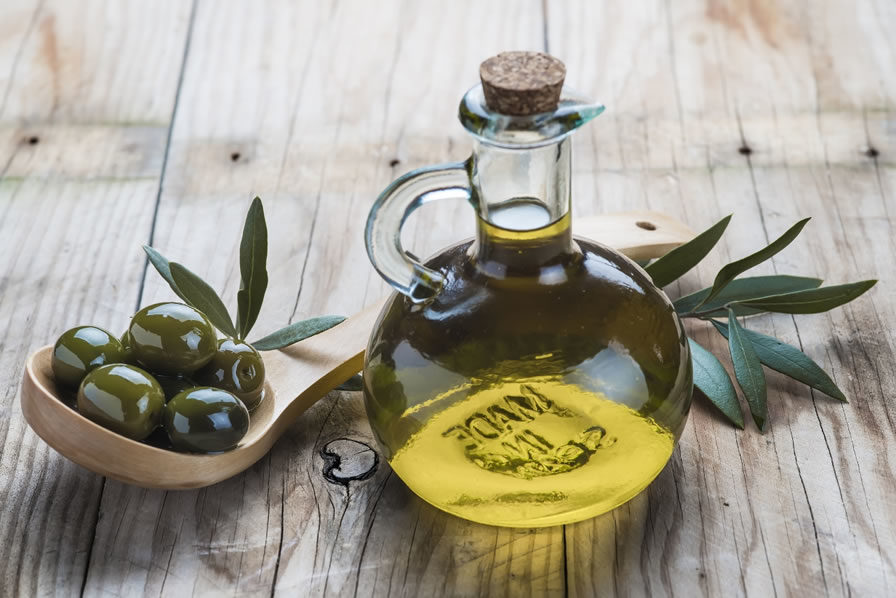
NAOOA Lawsuit Against Dr. Oz Show Dismissed

The Dr. Oz Show has been criticized for making unsubstantiated or sometimes downright contradictory claims. However, the show has won the key ruling against the North American Olive Oil Association (NAOOA) in its recent lawsuit challenging the show’s reporting on mislabeled imported olive oil.
Last year, the NAOOAfiled a lawsuitagainstThe Dr. Oz Show for false attacks on its May 12thsegment on extra virgin olive oil entitled, “Is Your Olive Oil Fake?” In the episode, Oz states that “a shocking 80% of the extra virgin olive oil that you buy every day in your supermarket isn’t the real deal. It may even be fake.” Oz and his guest Maia Hirschbein, a certified oleologist and representative of the California Olive Ranch, proceed to conduct a sensory test for olive oil, and recommend reading labels carefully and scanning for a specific single country of origin. “When in doubt, buy domestic,” Oz advises.
In its complaint, the NAOAA claims that the percentage of mislabeling is much lower, arguing that it was only 2%. Furthermore, more than 99% of domestic extra virgin olive oil comes from California, presenting an undisclosed conflict of interest for guest Hirschbein.
In his ruling, Judge Dempsey of the Fulton Country Superior Court in Atlanta, GA determined that the NAOOA did not establish a case againstThe Dr. Oz Show under the “Veggie Libel Statue” which allows a food manufacturer or processor to sue a person or group who makes disparaging comments about their food products. In fact, Dempsey expressed “grave concerns that the motivation for present action falls directly within the purpose of the anti-SLAPP statute as an attempt to chill speech, in this case, in the competitive marketplace.”
The Dr. Oz Show’s motion to dismiss the lawsuit filed against it by the NAOOA was granted on the grounds that the reporting and statements made on the show are protected under Georgia’s Anti SLAPP statute.
Related Articles

The editorial team at WholeFoods Magazine has decades of experiences reporting on natural products industry news, trends, and more. This national, monthly business-to-business magazine has been published continuously for nearly 40 years (the magazine was founded in 1977, and has been owned by Wainer Finest Communications since 1984). It is the longest-tenured media outlet of its kind in the natural products industry. The editorial focus at WholeFoods Magazine is, and always has been, on informing and educating members of the natural products industry.
The Magazine
Information
About Us
NOTE: WholeFoods Magazine is a business-to-business publication. Information on this site should not be considered medical advice or a way to diagnose or treat any disease or illness. Always seek the advice of a medical professional before making lifestyle changes, including taking a dietary supplement. The opinions expressed by contributors and experts quoted in articles are not necessarily those of the publisher or editors of WholeFoods.







